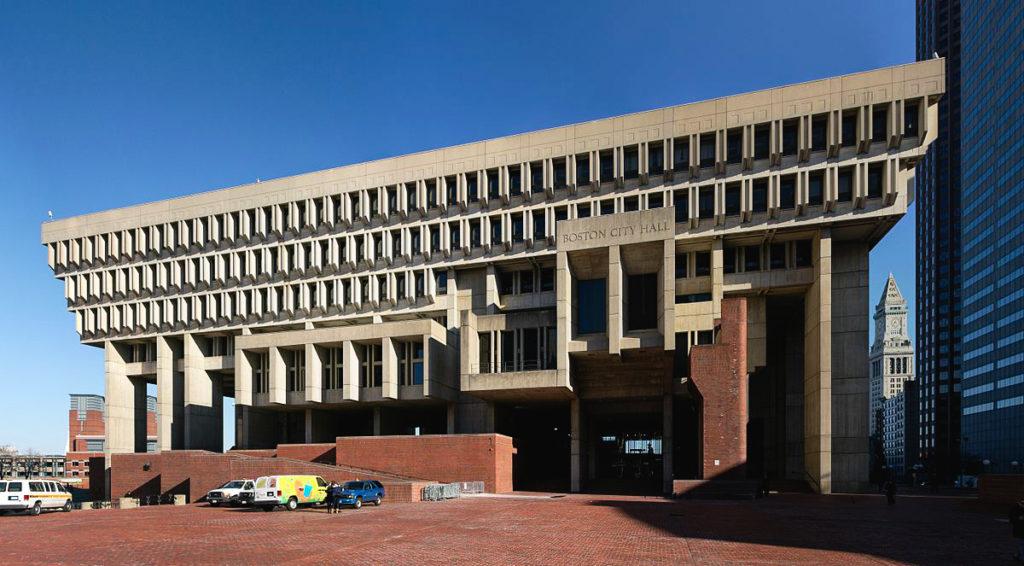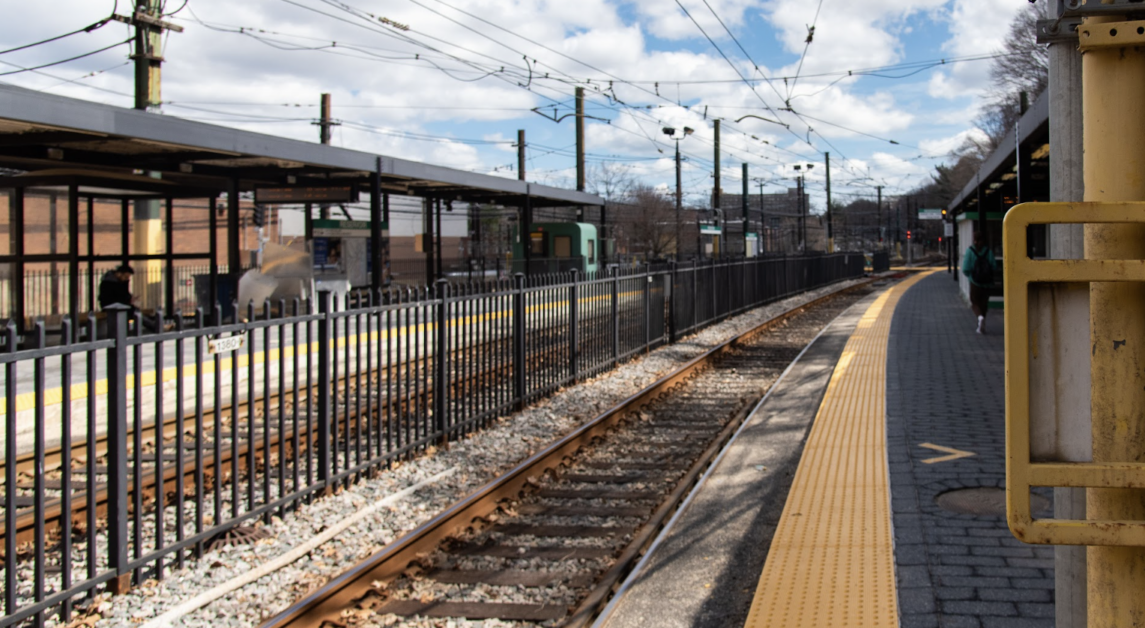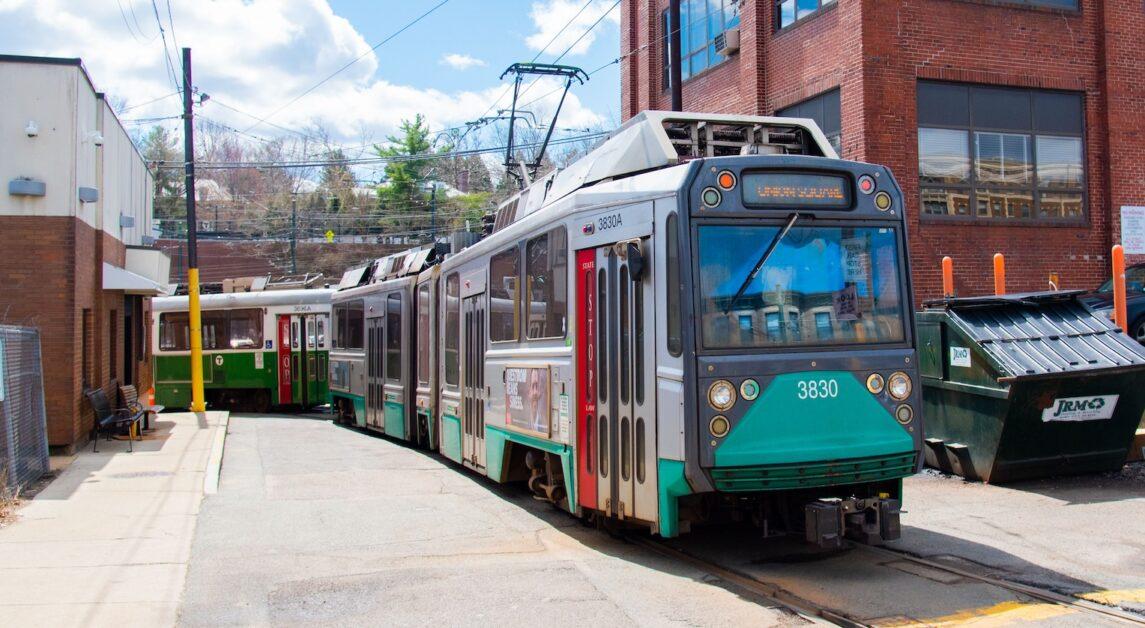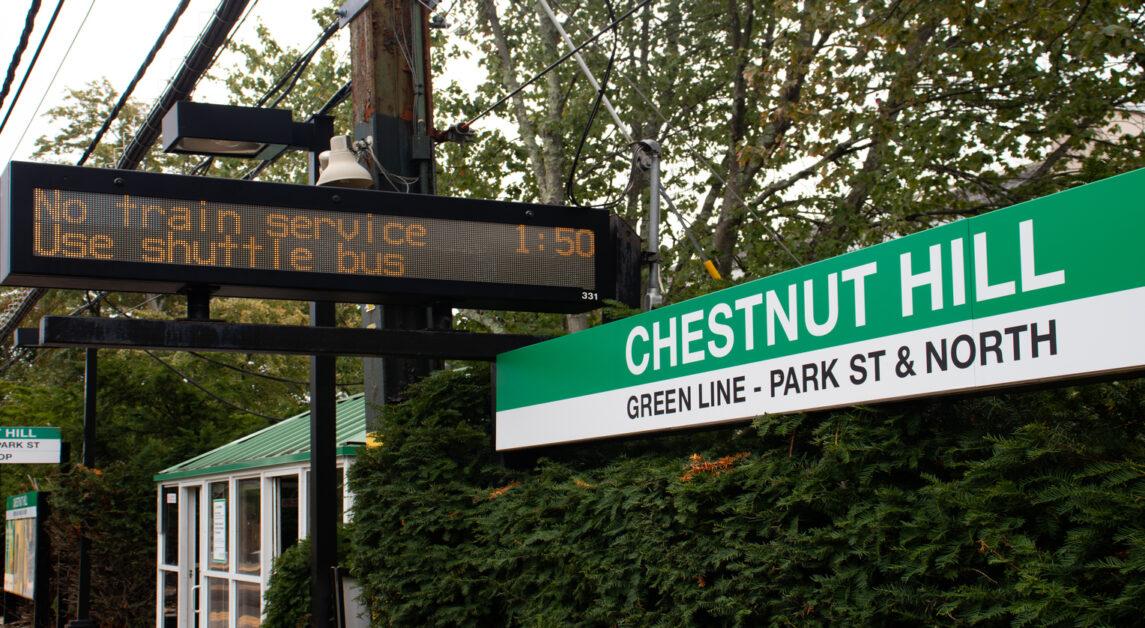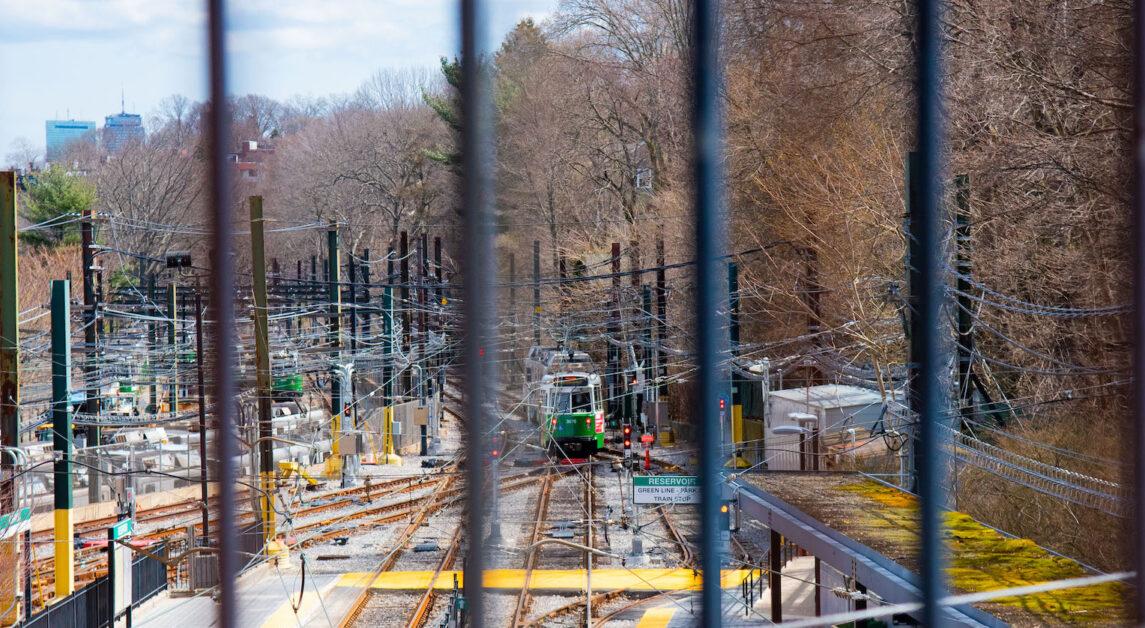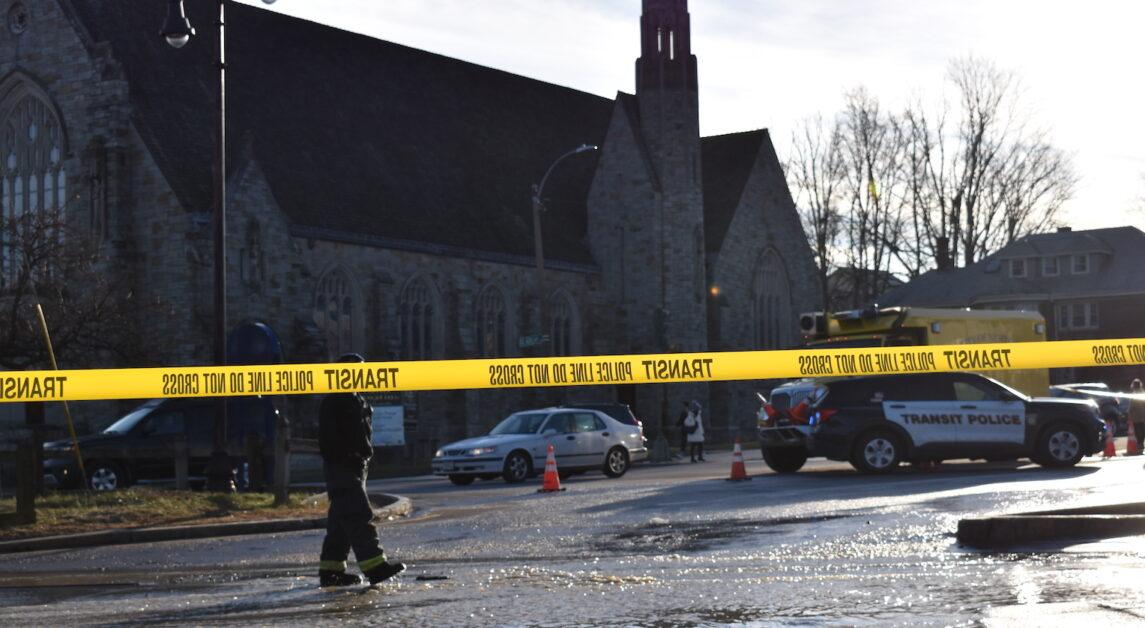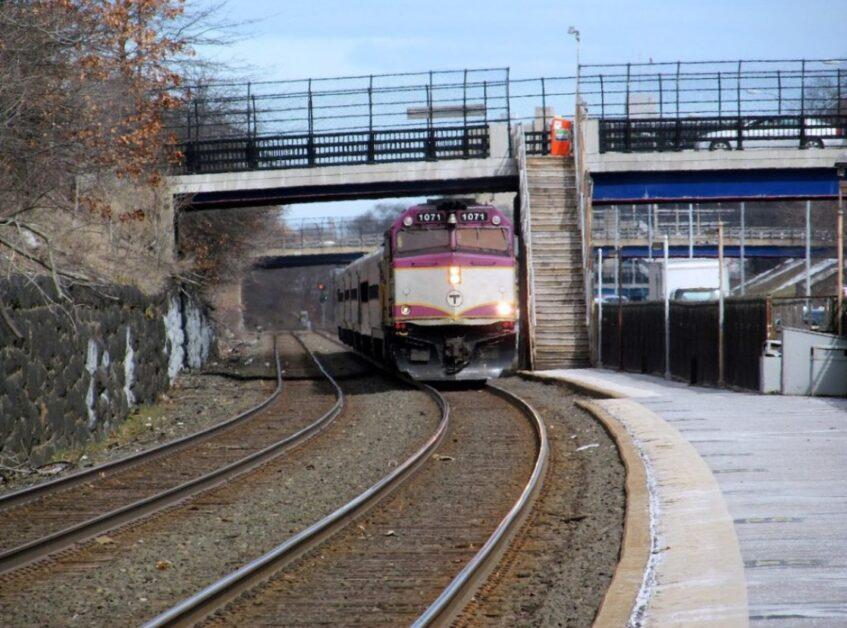Boston City Councilors Michelle Wu and Kim Janey ordered a hearing regarding eliminating the ridership fare for the MBTA bus route 28 at the Boston City Council meeting on Wednesday. The issue has been referred to the Committee on Planning, Development, and Transportation for review.
The Massachusetts Bay Transportation Authority (MBTA) plans to implement a completely cashless fare collection system over the next two years. Because riders will no longer be able to pay cash on board, the MBTA plans to install stations along certain routes for riders to load up their Charlie Cards—but this cashless transition still involves extreme equity issues, according to Wu.
“Communities where people depend on cash will not be well served by just the station every quarter mile or half mile away to load up your card, because they will need to be loading, oftentimes, more frequently than not,” Wu said. “Folks are not carrying large amounts of cash with them where they can just do one deposit and then and then ride for the week.”
There is also the problem of how the system will be enforced, Wu said. The MBTA is planning on implementing system in which riders won’t be checked as they get on—rather, the MBTA will randomly check riders for proof of payment, with a heavy penalty fee administered to those who aren’t able to provide it.
“There’s been a lot of questions about, who will do that enforcement? Will it be civilians, will it be those in uniform? As we’re being mindful of concerns around community trust and relationships and even the potential for a perception of profiling,” Wu said.
Given these civil rights and equity issues, along with the need to improve MBTA bus serve in general, Wu is advocating for a step that she said she believes addresses all of these issues: free fare for bus route 28.
The line is the most heavily used on an average weekday basis, according to Wu. It has more than 12,000 riders on the average weekday—45 percent of whom do not have a driver’s license, and 54 percent of whom do not own a car. Sixty-five percent of passengers on the route are low-income residents, and 92 percent are people of color, Wu said.
“This bus route is an extremely important economic opportunity corridor for the city, running from Mattapan Square to Ruggles Station, where residents could walk right to a job in Longwood Medical Area, which is adding thousands of jobs every year,” Wu said.
Janey, who referred to herself as a frequent rider of the 28—even taking the route to get to that very City Council meeting—said that this issue was most definitely one of equity and economic justice for the people that the councilors serve. Poor communities and communities of color already spend a much longer time on their commutes to work, school, and doctors’ appointments, Janey said.
“We need to do all that we can to ease that burden,” she said. “A cashless fare would be a step in the right direction, and certainly in terms of moving this bus more quickly, but we certainly have to follow and make sure … that we are not adding a further burden for the people that we are trying to help with this.”
Several other city councilors added their name to the request for a hearing on the proposal, including Lydia Edwards of District 1.
Even though the decision to go cashless has already been made, Boston as a city needs to have a conversation about where it can provide machines to help people load their Charlie Cards, Edwards said.
She advocated for libraries, Boston Center for Youth and Families facilities, public schools, and City Hall to be places where people can put money on their cards, which she said would help counteract the equity issue at hand.
“This whole quarter mile assumption—that people have access as long as you put it within a quarter mile on the bus route—I don’t think that’s realistic,” she said. “I think we can step up as a city, and I’d love to work with all the different places and properties that we have where the loading stations can be added.”
Photo Courtesy of Daniel Schwen / Wikimedia Commons

